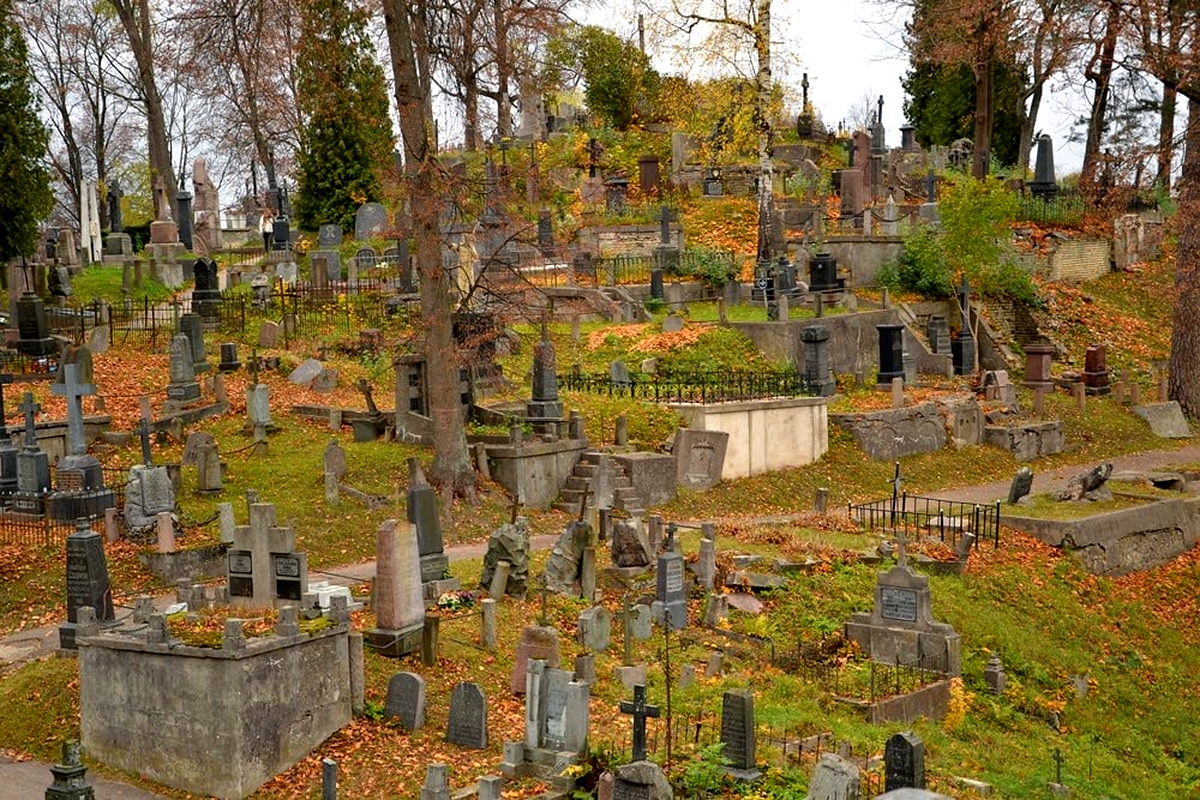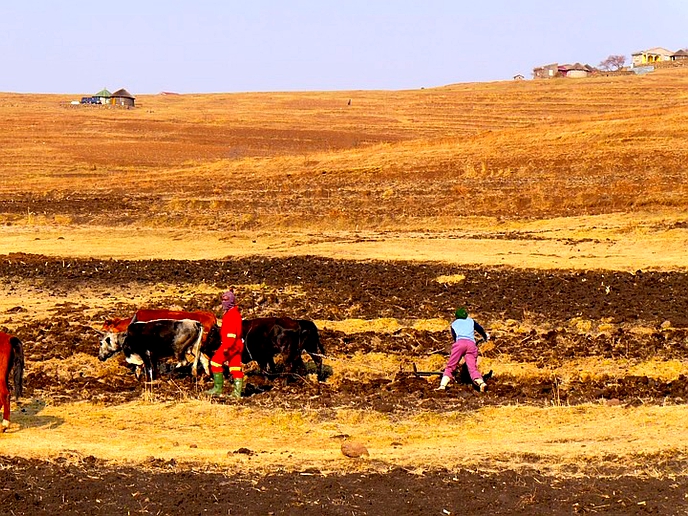MASERU - Many people would never want to think beyond the day after tomorrow, when they will finally depart from the world of the living, to the destiny of their belief or spiritual aspiration. Death, yes, death! Even though at some point in life one has to acknowledge it is a destiny for all, but is never subject matter of ease on any discussion forum.
comments
Sept. 5, 2019
LAWRENCE KEKETSO
4 min read
Will there be space left for my burial plot…?

It is for the very same reason that even in planning our growth as small villages, communities, towns or even cities, when death does finally come, is very poor. Maybe it is for the selfishness that puts us on earth, that we turn to forget about those passing on and only want to focus on tomorrow, which is the future - not yet even born - than those passing on.
Maseru City Council (MCC) already faces a huge headache as it is running out of burial space and in the next five to 10, finding a burial plot will be as difficult as getting hold of the tiniest of the gem stones that Lesotho is famous for.
“It is not that nobody is doing anything about it, we are working hard and we cannot turn a blind eye that we are running out of burial land,” says MCC public relations manager ’Makatleho Mosala.
She says as the city expands and its population shoots, the number of burials are also skyrocketing and the land allocated for such also depletes quickly. But, is there a plan to counter this?
“Let me not talk about the plan because we cannot say this or that will be done. But, it will have to be an assortment of interventions. We are already encouraging recycling of graves amongst close relatives, but it is still a new concept and might take time to be fully appreciated. We could also start asking questions about crematory services, but this is Lesotho and Basotho and their culture,” she weaves an answer to what she says is a difficult question to address.
Currently MCC operates 10 burial sites for the city’s population which is now well over 270 000 and according to the officials in charge of allocating burial sites, about four of these sites are almost full.
Enjoy our daily newsletter from today
Access exclusive newsletters, along with previews of new media releases.
“In places like Thibella, Motlakaseng, Ha Abia and Katlehong it is very difficult now to allocate a burial site because they are almost full,” said one of the officials, adding in the next year or so, some of these places will have to be closed. He wishes on a lighter note that maybe deaths will be suspended a bit while the bigger authorities relook into new plans for the people of the city to still be afforded a burial plot.
But, as things stand, more and more people die each day, week and month and exerting more pressure on the Council officials to allocate burial sites. “It is something we cannot avoid. Look, this week alone I have already allocated 20 burial sites and maybe before the end of the week another 20 or more. The land is quickly filling up and something needs to be done,” he said.
For others, unless the government acts quickly and see the crisis in the building, future burials could be very expensive and it would be undesirable for families to be associated with the old age tradition and culture of funerals. To discourage people from being buried at the city’s graveyards, the municipalities may have to adopt heavy fees for the plots as a way of driving the traffic back into the rural village where many of the city migrants came from.
However as the officials say, it might not be a solution to the problem as the cost of holding the burial in the rural home could well match the city costs.
“We need to change and adapt. Already the Council has introduced the top on top burial plans. This means a single family could have a plot that most of its members can be buried together,” the City’s official explains, adding successful trials have already been completed.
He however states that the biggest challenge still lies with cultural and traditional beliefs, where some people say the dead once buried cannot be disturbed. He adds that even with cremation, many Basotho still see it as an unfit way to give a loved one a dignified passage.
More than a decade ago, a local undertaker attempted to establish a crematory service just outside Maseru, and residents protested saying their village was going to be turned into a living hell.
“Why come and burn people here in our village, the undertaker wants their spirits to haunt us; this is not the Basotho way of doing things,” were some of the whipping protesting tongues at the time.
Some families have even defied wills left by the departed ones when it comes to cremation, saying even though in the Basotho culture the last words of the departed ones are fully respected, as long as it has nothing to do with burning the dead one.
With the burial land crisis looming in the city, many of its dwellers could soon come to terms to plan not only for a good funeral cover, but even having to secure their burial plot long before their time of departure and even have to service it while they are still alive – like in paying security fees – or it could be transferred to another person.
It may not be too late to act, at least if you know where you will be buried or if there will be space reserved for you, or you could end up in some commercial furnace for electricity production, as it was suggested some years back, that instead of burying bodies we could get commercial benefits by selling our departed loved ones to the power producers who are already finding it hard to keep their generators running from just coal!
Tailored for you






